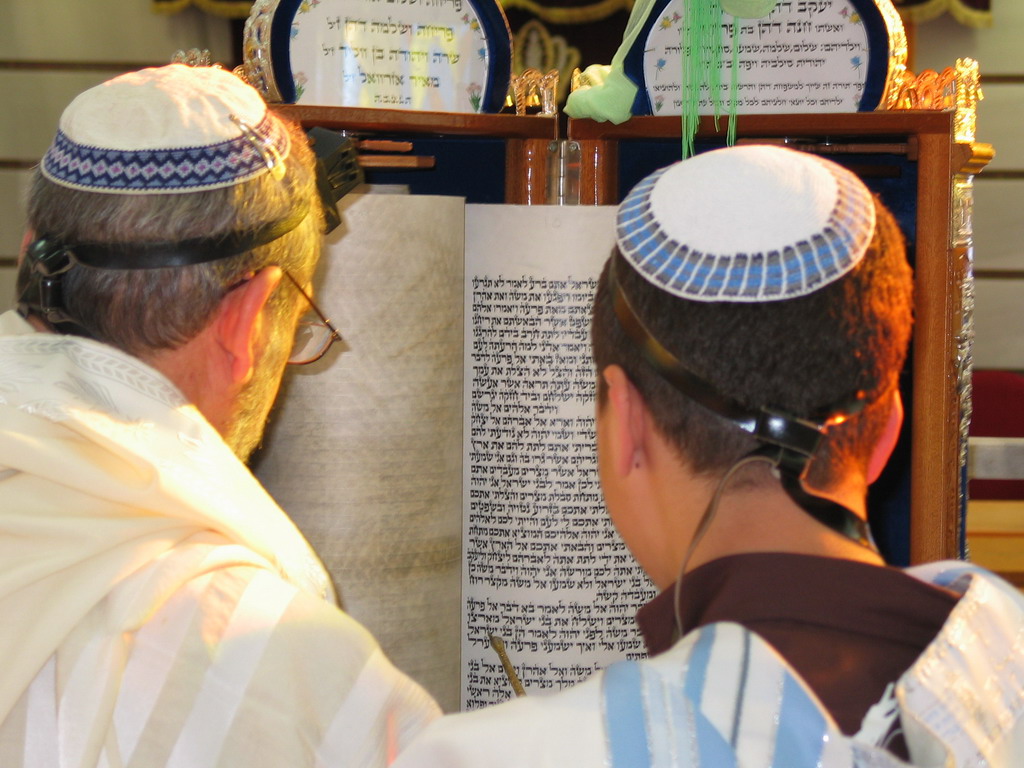Blog

How does it feel to enter a room filled with song but to not know the words? The tune is beautiful and familiar. You want to participate, to take part. Someone hands you a book and turns to the correct page, but the scribbles look like gibberish. Even if you could make out some letters or some words, the crowd and cantor is too fast to follow along.
For those Jewish community members who enter a synagogue or participate in Jewish rituals or services but do not read or speak Hebrew, the religious experience, unfortunately, often becomes a lonely, frustrating, or boring experience. One might want to engage, participate, even read some passages out loud, but is limited by his/her knowledge of the Hebrew language.1
In my experiences as an educator in Jewish communities and educational programs around the world, a transliterated text can be of enormous assistance to such an individual, no matter the age.
And herein lies the challenge: Depending on the length of the text or resources available, the act of transliteration takes time and tends to be done only by particular individuals with a level of fluency and knowledge of pronunciation in both of the required languages (Hebrew and local language). This tends to be a Rabbi, a Hebrew or Jewish studies teacher or an academic.
What if these individuals could teach a computer to do what they do? How many hours could be saved? How many more texts could be transliterated for school children learning new songs? Special texts for various holiday liturgies? Biblical portions for Bar or Bat Mitzvah boys and girls?
Through Ta’atik, and it’s ability to dynamically transliterate texts, we use technology to transfer knowledge from one individual and spread that ability to many. Going forward, Jewish community members of all ages can feel more included during their most meaningful religious and educational experiences.
You can try out Ta’atik’s different transliteration projects below.
-
As in the title, the Mishnah refers to Hebrew as the lashon haqodesh ‘the sacred tongue’ (Sota 7:2). ↩︎